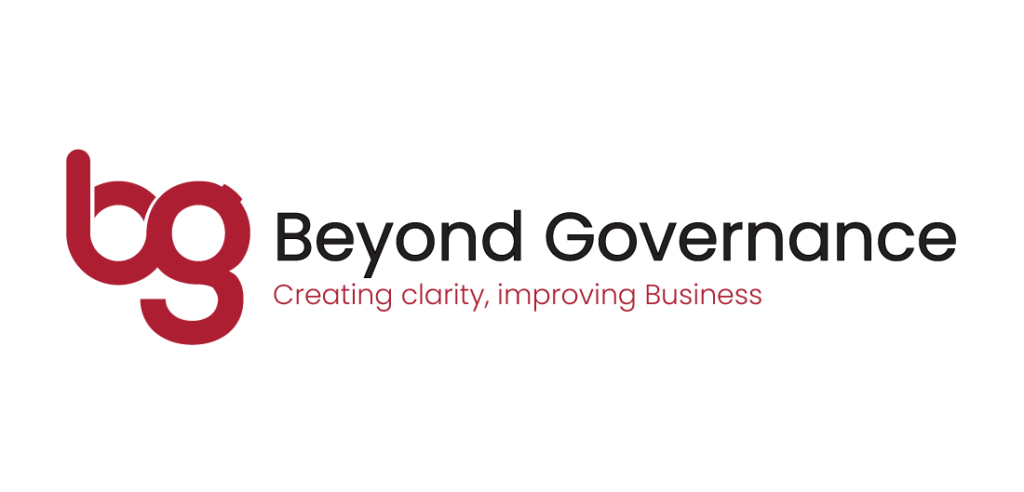Assessing ChatGTP’s response to ‘What is Corporate Governance’
“Corporate governance is a term used to describe the systems, processes, and principles that govern the management of a company. It is a critical component of modern business practice and is designed to balance the interests of a company’s stakeholders and promote accountability, transparency, and fairness. The goal of corporate governance is to ensure that a company is run in the best interests of its shareholders, employees, customers, suppliers, and other stakeholders.
Corporate governance is a multifaceted concept that encompasses a wide range of practices and processes. It includes the structure of a company’s management and decision-making bodies, the methods used to appoint and remove directors, the means by which stakeholders can hold directors to account, and the processes for ensuring the fairness and integrity of a company’s operations.
One of the key aspects of corporate governance is the structure of a company’s management and decision-making bodies. This includes the board of directors, which is responsible for setting the strategic direction of the company and overseeing its management, and the management team, which is responsible for executing the board’s decisions and managing the day-to-day operations of the company. The board and management team should be independent and impartial, and should not be influenced by any particular stakeholder group.
Another important aspect of corporate governance is the method used to appoint and remove directors. Directors should be appointed based on their qualifications and expertise, and should be removed if they fail to perform their duties effectively. Companies should also have processes in place to ensure that directors are held to account for their actions, and that stakeholders are able to hold directors to account through shareholder votes or other means.
Transparency is another critical component of effective corporate governance. Companies should be transparent about their operations, finances, and decision-making processes, and should provide stakeholders with the information they need to make informed decisions. This includes financial reporting, annual reports, and other disclosure documents that provide stakeholders with information about a company’s performance, risks, and prospects.
Corporate governance also involves ensuring the fairness and integrity of a company’s operations. This includes implementing ethical and responsible business practices, such as protecting stakeholders’ rights and interests, promoting fair competition, and avoiding conflicts of interest. Companies should also have processes in place to prevent fraud, corruption, and other unethical practices, and should take appropriate steps to address any such practices that occur.
In conclusion, corporate governance is a critical component of modern business practice that is designed to balance the interests of a company’s stakeholders and promote accountability, transparency, and fairness. It involves a wide range of practices and processes, including the structure of a company’s management and decision-making bodies, the methods used to appoint and remove directors, and the processes for ensuring the fairness and integrity of a company’s operations. Effective corporate governance can help to improve a company’s overall performance and sustainability, and can help to protect stakeholders’ rights and interests.”
ChatGPT is the natural language processing tool driven by AI technology that will respond to a question in a supposedly “human” way. The text above is ChatGPT’s response to the question “What is corporate governance”?
Everything in the response is sensible and all the key words and themes are included, for the most part. However, it lacks the human touch. Governance is all about people and as all organisations are different, and the people interacting within them are unique, their governance solutions should reflect this. We don’t live in a boring, vanilla world and people need to be adaptable, proactive and emotionally intelligent to thrive in it.
The response also uses the word “critical” a couple of times. Anyone who has worked in financial services, or any other regulated industry, will know that emotive language should never be used as the output is subject to external scrutiny. This is particularly important for minutes – an area which many seem keen to automate. Any attempt to use A.I. for minutes would still require human intervention, therefore.
There is also no mention of company law or legal compliance. Any governance professional will tell you that the law is the “what” whilst corporate governance is the “how”. Arguably, there wouldn’t be any need for governance without legal obligations. It’s also wrong to say that the board should always be independent. This can be true of the NEDs but it’s normal for executive directors to be shareholders or be part of a share incentive plan. NEDs can also represent a major shareholder too. Also, can software identify or manage a potential conflict of interest?
These are all examples of why an A.I. response to a seemingly straightforward question should be approached with caution.
The phrase “decision making” is used a few times in the response, as it should. This is what governance is for, after all. Meeting theory tells us that the human mind is capable of making up to three complex decisions at any one time. This kind of decision making cannot be done by robots, no matter how powerful the software is. Subtlety, humour and sometimes, the illogical, are all part of the board conversation and the dynamics in the room as they are of any human interaction and this can’t be replicated by A.I. The good news for the Governance Professional is that there will always be a need for humans to support this reality.
The Government’s response to the pandemic initially had a huge impact upon governance processes and the way that businesses were traditionally run. I wonder what future generations will make of the fact that meetings, such as the AGM, were actually illegal for a time? Lockdown and restrictions accelerated the use of technology for many organisations with plenty having a lot of catching up to do. Some of those changes are still with us, such as hybrid working and more virtual meetings. However, humans are sociable by nature, proved by the fact that many have returned to the office and appreciate the value of being in the same room together. Technology did not change behaviour in the long term, once the rules fell away.
There are several software solutions that will produce minutes and other template documents, and these have been around for years but, like ChatGTP, this is just the clay to be moulded. There will always be the need for human involvement, and emotional intelligence which is why good Governance Professionals are constantly in demand. Many existing solutions, be they corporate databases or board portals, might have impressive functionality and features but are not always designed with the end user in mind. This is because often, IT experts are not governance experts.
We don’t live in a perfectly ordered, plain and predictable world. Perhaps some people might prefer that we did, but as long as we have humans interacting and making decisions, the role of A.I. and technology will remain very much a supporting one. You can’t automate decision making or replicate life experiences and this is one of the reasons why organisations continue to appoint NEDs. Their presence in the process recognises the need for challenge, alternative viewpoints, and different approaches. Not everything a person brings to a role can be measured and this is true of both the decision makers and those supporting them in the process.




